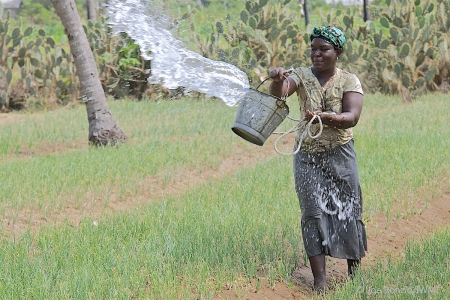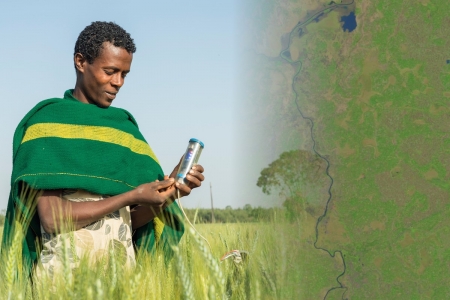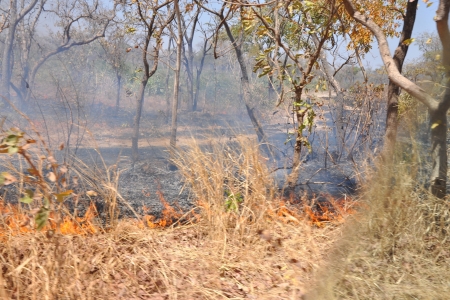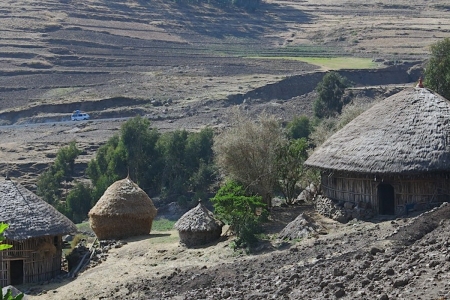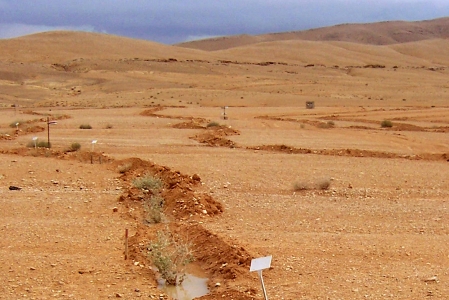This post was originally published on the PolicySupport website, and is reposted here with minor changes. Read the original post.
Globally, numbers of ground-based weather stations are on the decline. Weather stations provide long-term information on climate that forms the basis for weather forecasting, climate projections and hydrological monitoring and modelling. Weather is increasingly monitored using data collected from other valuable sources, such as satellites and aircraft, but without field stations, these remote and coarse scale datasets cannot be validated and localised climatic trends may be missed.
Since the Volta basin covers a 400,000km2 area and straddles six West African countries, effectively managing water and land in the Volta basin is very important for sustaining the water supplies on which the basin’s people and natural resources depend. Reliable climate data can facilitate this task, enabling more accurate modelling and projections of future scenarios. But a major challenge with achieving good weather station coverage, particularly in low-income areas, is that most proprietary station units are expensive, difficult to transport and technically challenging to use and maintain. This can make it financially and logistically difficult to set up and maintain stations in developing country contexts.
As part of a WLE project on Targeting Agricultural Innovations and Ecosystem Services in the northern Volta basin, researchers and students from King’s College London, Bioversity International, SNV World, University of Ouagadougou and WASCAL are working with local schools and government institutes to improve the distribution of weather stations across the Volta river basin. Earlier this year the team was busy sourcing, building and testing the first suite of a new cheap, robust, simple and easy to maintain weather station: the FreeStation.
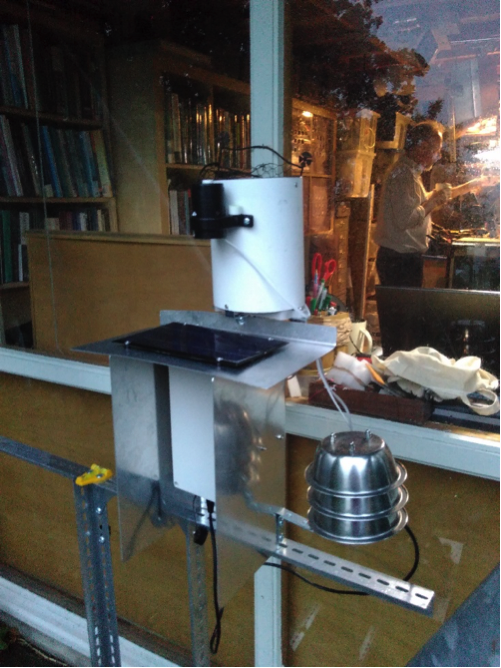
The FreeStation automatic weather station is designed to help overcome financial and logistical challenges to setting up and maintaining weather stations, and to enable local institutes to take ownership of and support the long-term collection of weather data. For this deployment, we visited schools and ministries in Upper-East Ghana and Centre-Est of Burkina Faso in April 2016 to demonstrate how a FreeStation works and seek interest in the FreeStation initiative.
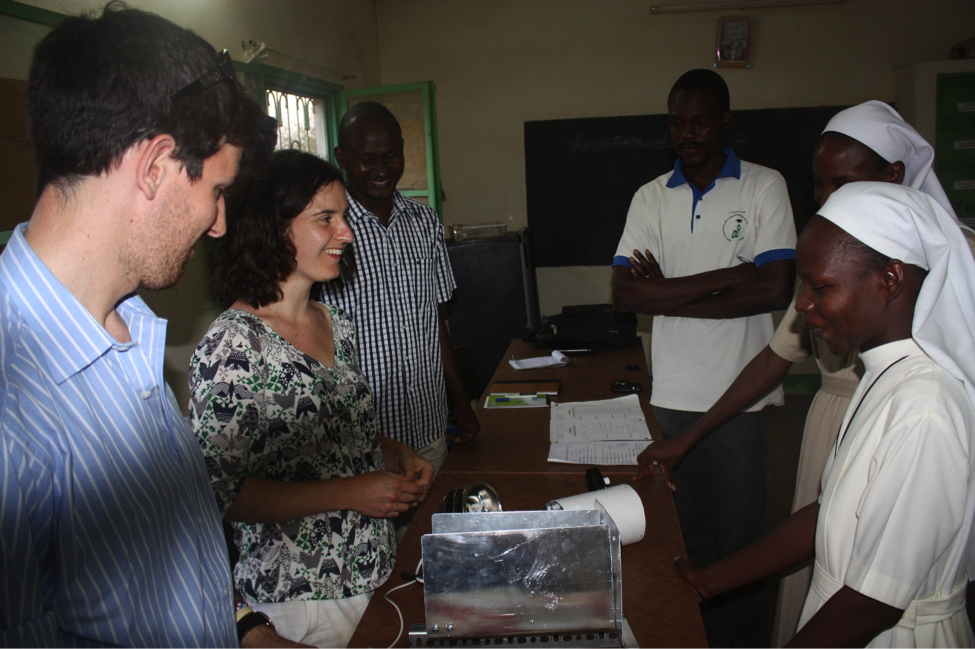
Positive responses from several schools and the agricultural departments enabled us to return in July 2016 to install four FreeStation Micros with teachers and students from Kusanaba and Zebilla secondary schools in Ghana and with extension workers and local farmers at Garango and Lagdwenda villages in Burkina Faso. The Micro measures solar radiation, temperature, humidity and rainfall every 10 minutes and logs the data to an SDCARD. Data can be read by a smartphone, tablet or computer and sent to a the FreeStation website for calibration and graphing.
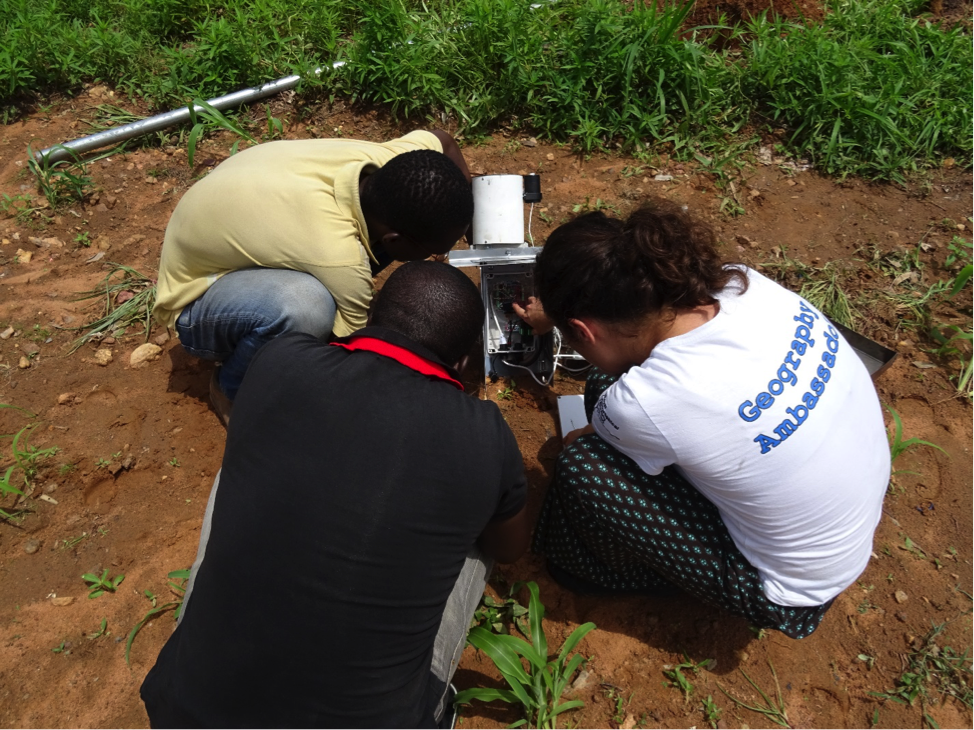
Working in relatively remote parts of the Volta basin during the rainy season, the installations were eventful: navigating and breaking down on the pot hole covered road to Zebilla; rushing to recharge our computer between power cuts in Bolgatanga; wading through an ephemeral river to reach Ladwenda; tracking down the one stand in the Tenkodogo market with a drill. Thankfully, local teachers, students, farmers, extension workers and market sellers helped make the installations a success.
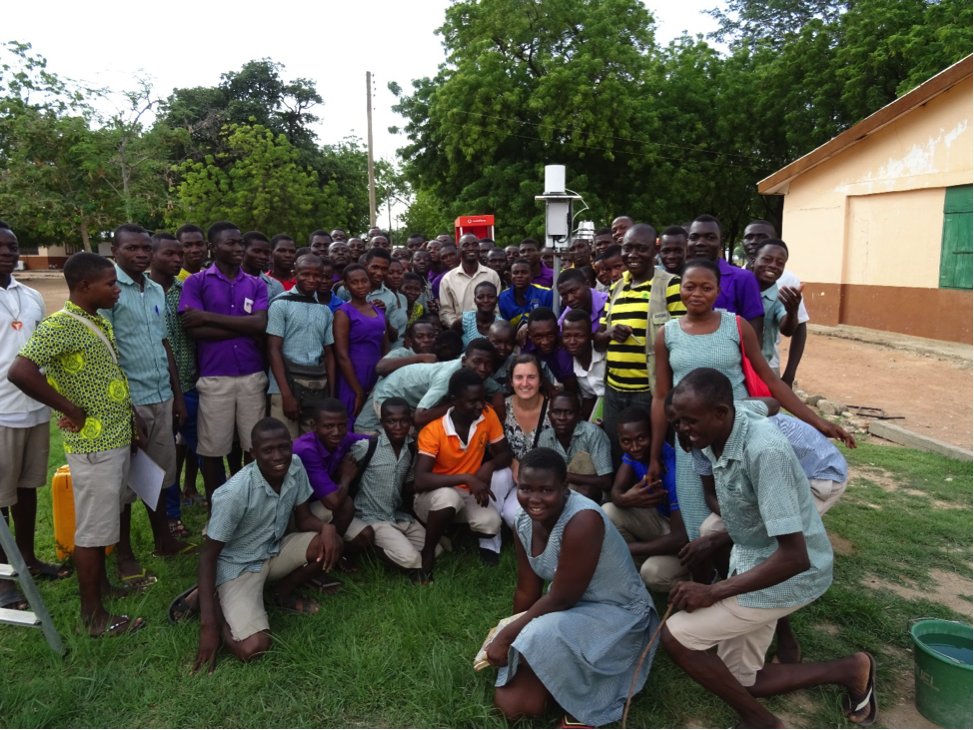
Data collected from the Volta basin will be used to calibrate WaterWorld models as part of PhD projects for two students from King's College London. The stations will remain under the custody of the schools for their lifetimes and will support environmental and technical education, maintaining a research and educational link between these schools and King’s College London. The project team are planning to install an additional two stations at other locations in the Volta basin during the next few months. After a validation period, data collected from all of the stations will be made freely available for download at www.policysupport.org/freestation.


